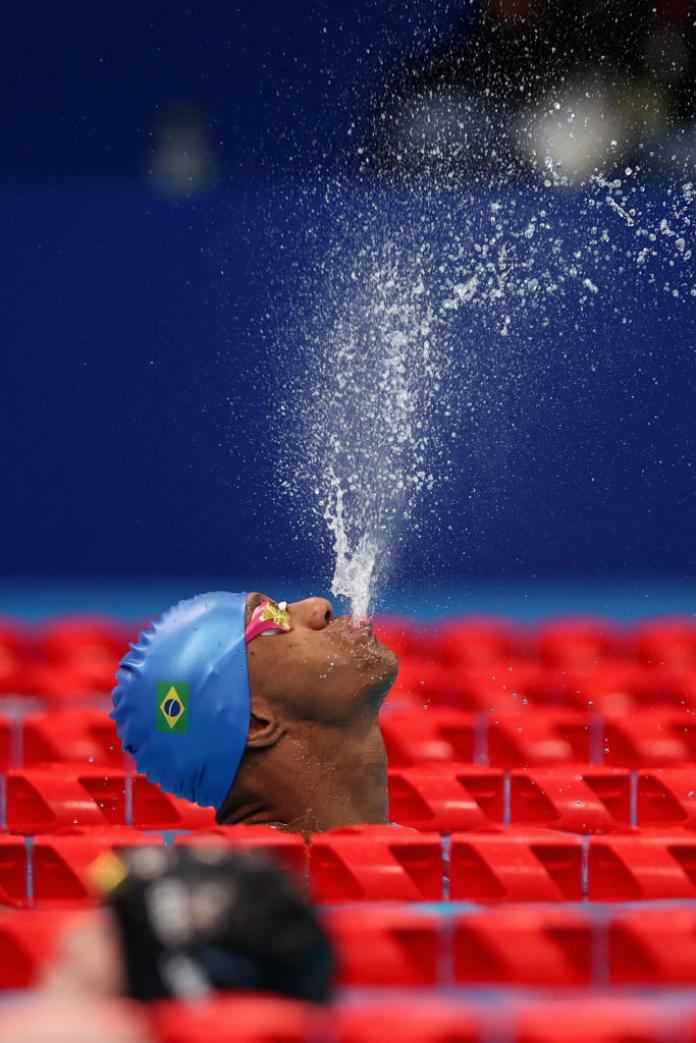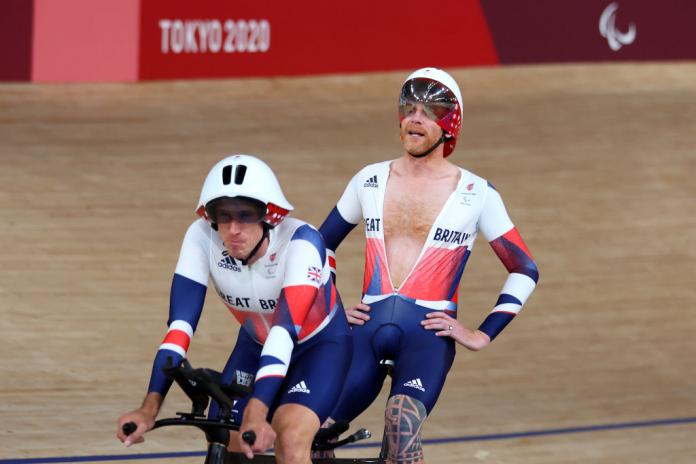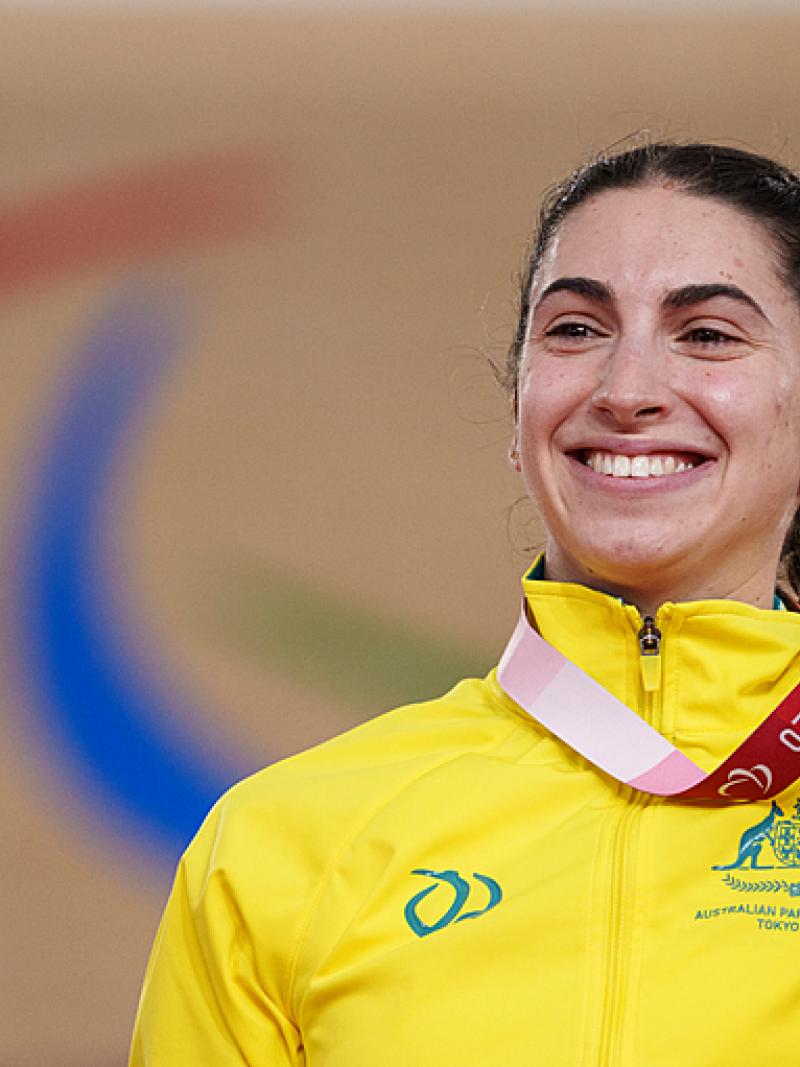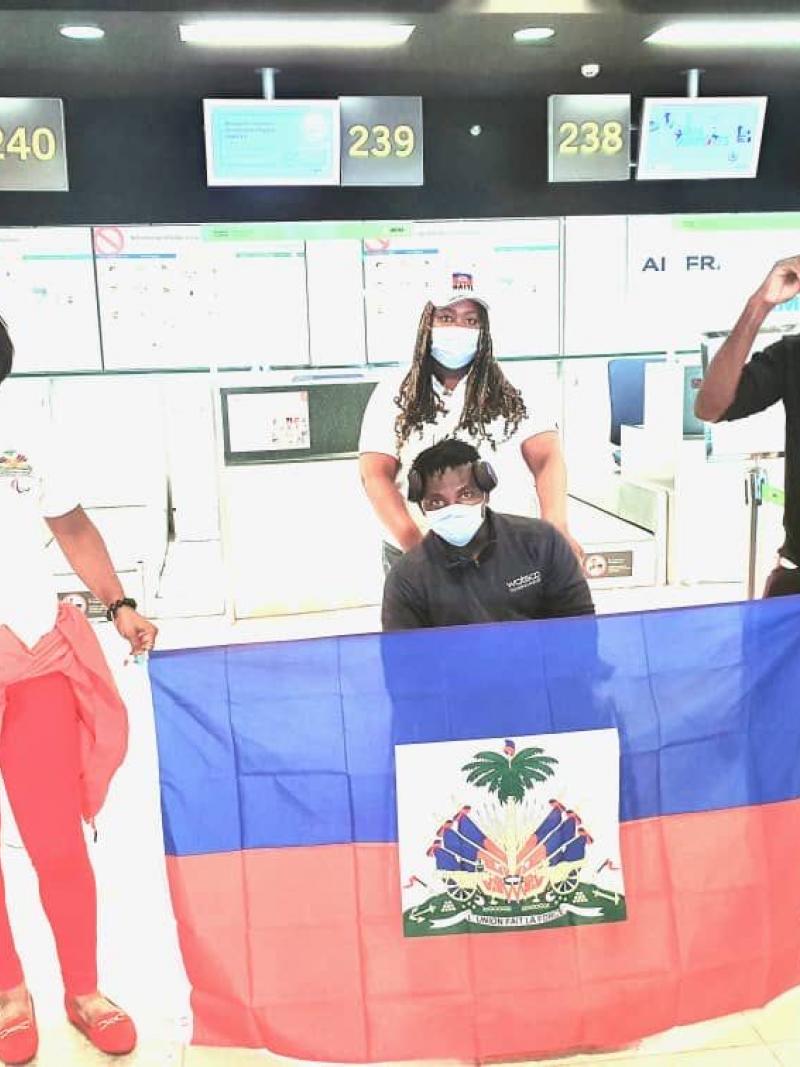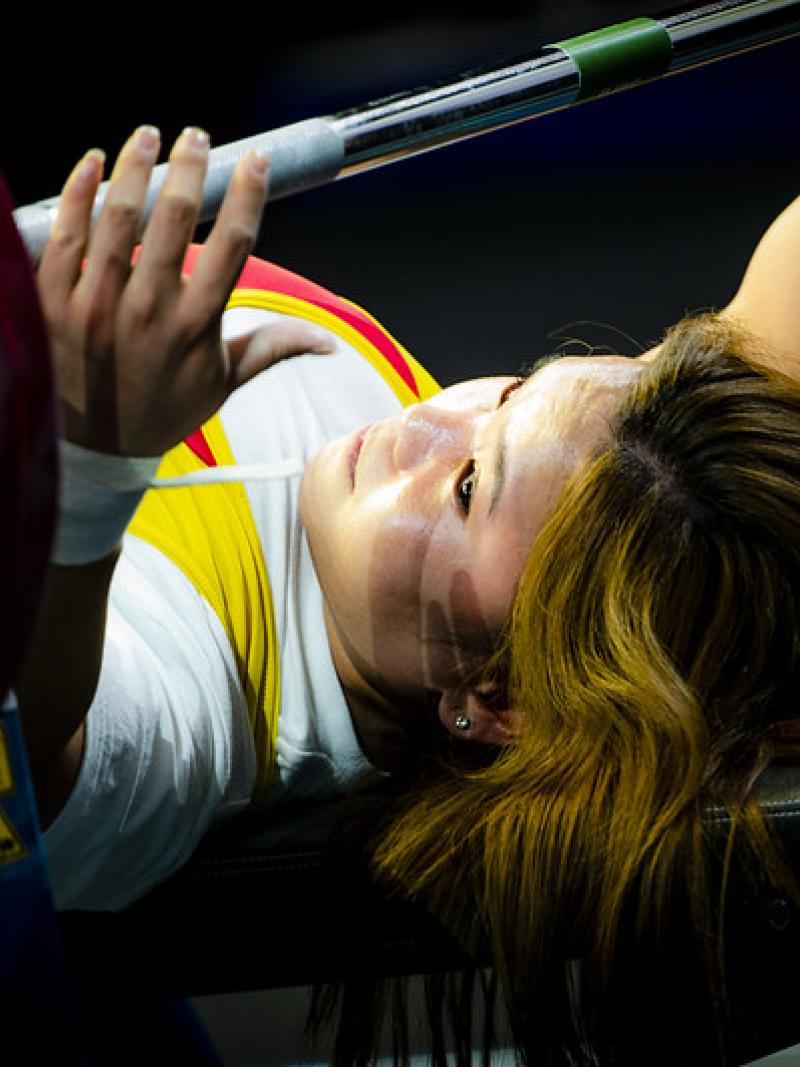IPC reminds athletes to prepare for heat and humidity at Tokyo 2020
Awareness and methods to counteract adverse weather effects can help Para athletes perform at their best 26 Aug 2021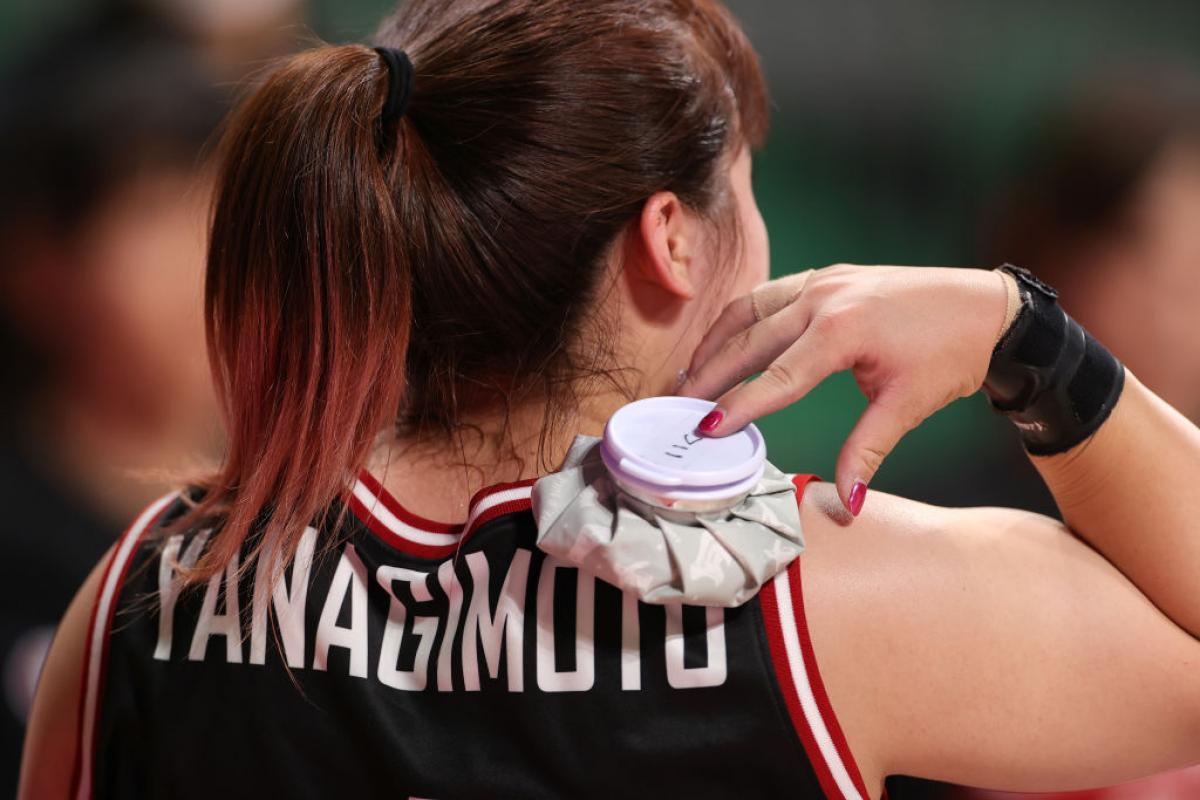
Health and safety countermeasures against COVID-19 at the Tokyo 2020 Paralympic Games are a priority. But the International Paralympic Committee (IPC) is also reminding athletes to be mindful of the heat, with temperatures expected to reach the high 30s, but hotter with humidity.
Nick Webborn, a member of the IPC Medical Committee, said: “We can’t just think COVID is the main health issue when it comes to the athletes and performance. Heat is going to be a real challenge. We’re all here experiencing that and it’s going to get hotter in the coming days.”
There can be adverse effects on performance and health for athletes living and competing in a hot environment. With Tokyo 2020 being the pinnacle event for Para athletes, being aware and taking proper measures can help athletes maintain their performance despite being in an exceptionally hot environment.
“Being aware of what can happen is important, particularly for athletes with certain impairments,” Webborn continued. “For example, athletes with a spinal cord injury have limited thermoregulation, and can’t cope with the heat in the same way. They need to be extra vigilant and take preventive measures before it gets too late.”
For athletes at the Tokyo 2020 Paralympics, there are different impairments that have different risks.
Webborn explained: “The aadaptive equipment limit used in Para sports also need to be considered when trying to manage heat. In able-bodied sports, hand cooling is used a lot but if you use gloves in wheelchair sports for example, then that may be more difficult.
“So you have to think about the methods you can use, and when you can use it in your sport in relation warm-up breaks in competition and in recovery, to find out what’s going to work for you in your particular environment. And that’s why it takes a lot of preplanning and experimentation.”
Steps can be taken to prepare and reduce these adverse effects, and ensure peak performance at Tokyo 2020, which are outlined on Paralympic.org.
Prepare and acclimatise for the heat
Heat acclimatation improves your ability to cope in the heat and is not just for physical performance but also how comfortable you feel and helps you make better decisions. It also reduces the risk of cramps, fainting and heat stroke. There are different methods to acclimatise, which are mentioned in the guideline, and athletes must choose what is best for them.
Being heat illness aware, and recognise the signs and symptoms
Athletes develop heat illness when the body’s cooling mechanisms are not able to work properly. Some sports are at a higher risk of getting a heat illness, and some Para athletes are at a higher risk of experiencing heat illness because of their impairment. Recognising signs and symptoms are important, as well as knowing how to treat heat illness.
Staying hydrated at the Games
As Para athletes acclimatise to the Tokyo heat, their sweat rate will increase to control their temperature – but they also need to replace it, and extra fluid is needed. Simple measures exist to allow athletes to measure their own hydration status.
Keeping cool while living and competing in the heat
There are different cooling essentials to consider, depending on the athletes’ sport and environment. They would need to decide by trial method what works best, what sites on the body they can easily target, whether they plan to use internal (fluids/slushies) or external cooling, and think simply practically.
“The use of heat countermeasures applies to the staff also,” Webborn commented. “If they aren’t able to perform at their best, then the athletes aren’t able to perform in their best way,” Webborn noted. “The Tokyo 2020 medical team are also aware of the issues of managing athletes who collapse in an acute way, exertional heat stroke is an issue, and there were a number of cases at the Olympics. And we have worked as the IPC Medical Committee and an international research team, to look at the pre-hospital management of people with heat stroke and how they would consider the specific issues for Para athletes as well.”
 Facebook
Facebook
 Instagram
Instagram
 Twitter
Twitter
 Youtube
Youtube

